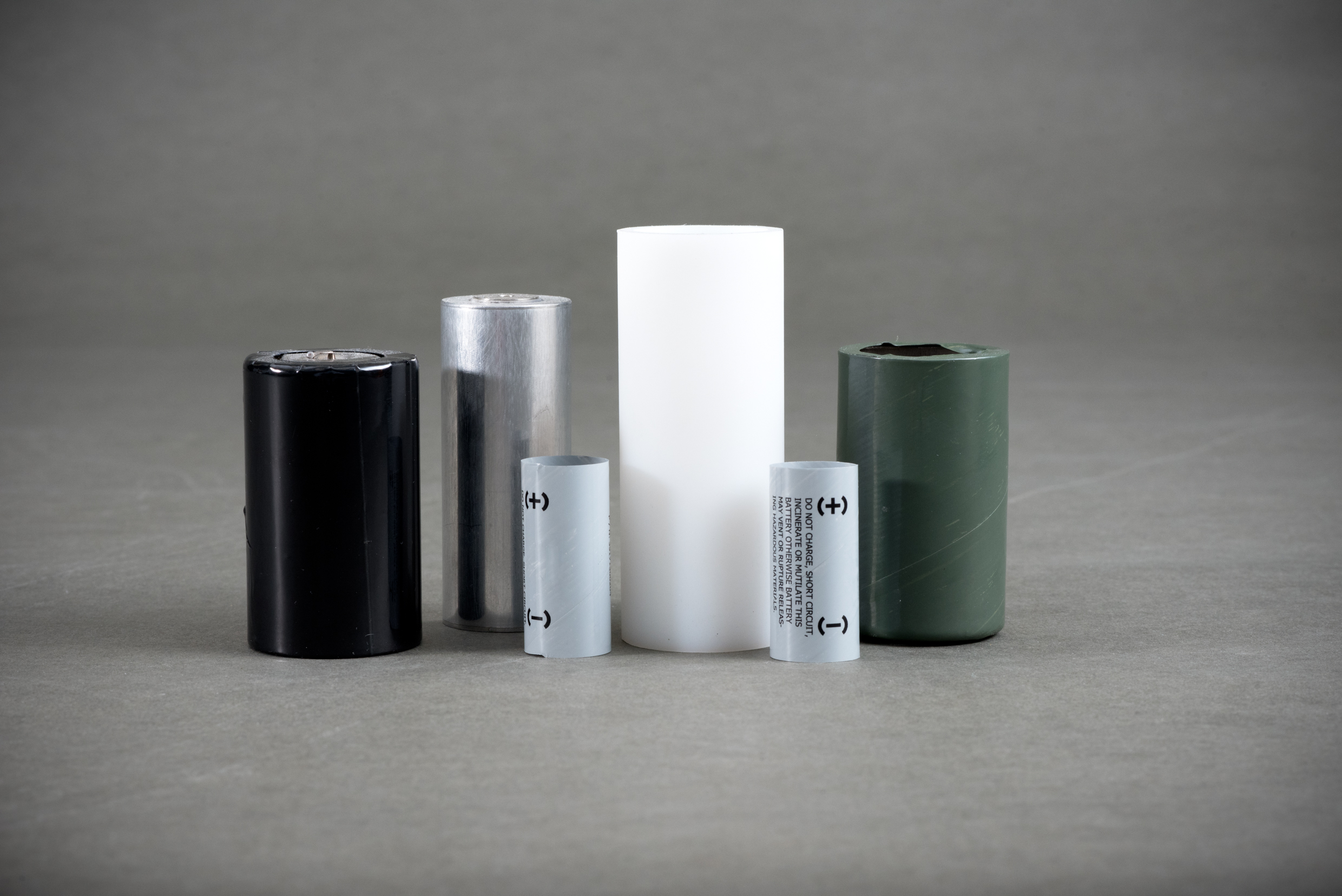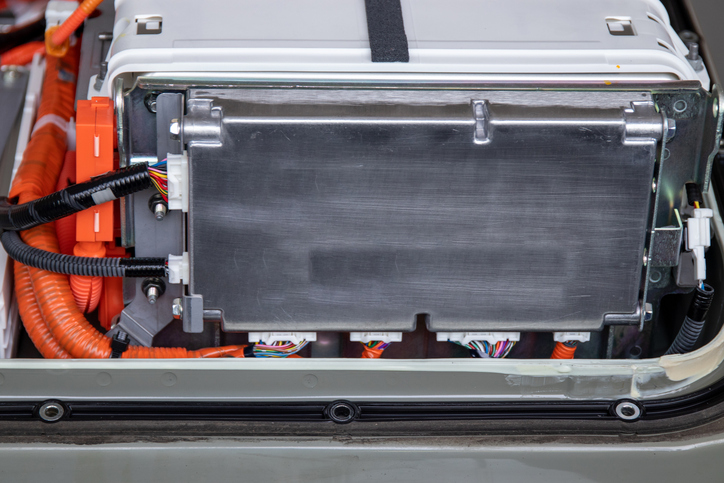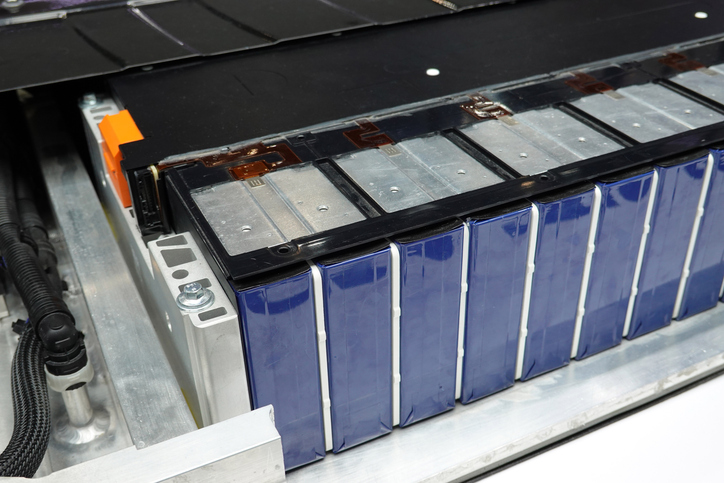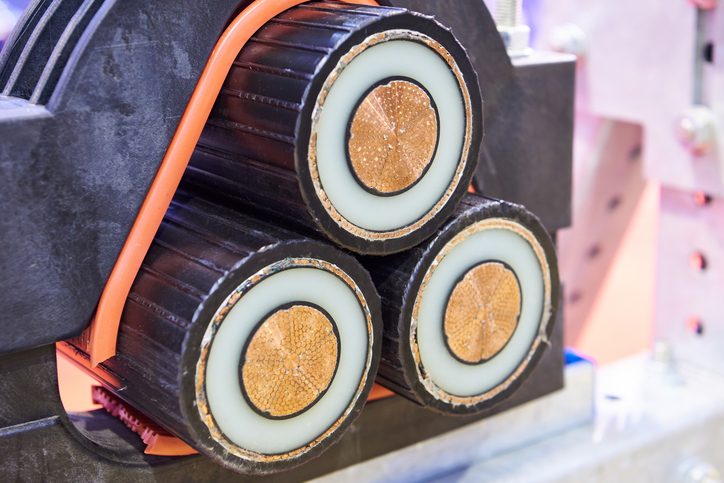With applications spanning numerous industries and fields, the potential uses for custom spiral wound tubing materials range from relatively simple tasks — such as battery sleeves and wire connection insulation — to complex custom-designed slot liners for electric vehicle motors delivering performance on multiple fronts.
With use in applications where chemical or thermal protection, or electrical insulation, is needed, custom spiral wound tubing is applied widely in the electromechanical industry, automotive field, aerospace, and more. Capable of providing robust dielectric strength, spiral wound tubing also helps guard against abrasion damage and tearing.
Construction of spiral wound tubing consists of a spiraling technique. A series of adhesive-coated strips are coupled together and then wound around a mandrel or other tooling to form the tubular shape. The characteristics of the resulting product — be they mechanical, thermal, or electrical — are the sum of the aspects imparted by each of the layers used in the construction. The combination of the layers used is variable and offers a diverse range of potential benefits.
Because of this diversity and array of customizability, spiral wound tubing is designed and proceed according to customer specifications. Collaboration and communication are essential in identifying the purpose of the tubing, how to reach the necessary performance, and which materials and other variables must be included in the solution to attain those goals.
Endless Options for the Ultimate Customizability
Working with an experienced, trusted partner for choosing spiral wound tubing materials will maximize the chances for success in a specific application and minimize the risk for delays, material loss, and downtime once implemented.
Electrolock understands that your company’s needs are unique. That’s why we take an engineering approach to find a bespoke solution for every client to fit the exact requirements of their specific application.
We’ll take the time to ask the right questions, and the answers will lead to the ideal solution. How will this tube be used? What are the performance requirements — mechanical, thermal, chemical, or electrical? Is a shrinkable or non-shrink solution needed? How will the tubing be installed? What is the budget for the project?
With an extensive background in materials and design, Electrolock will use the acquired information to create a custom spiral wound tubing solution to fit your application and budget. Much of this flexibility and adaptability rests on Electrolock’s ability to work with a wide range of spiral wound tubing materials to provide optimal answers.
Let’s briefly examine those material options.
Aramid Paper/Nomex®
Used as a dielectric insulator for high-temperature systems, aramid paper is lightweight, durable, and provides heat and flame-resistant performance in many industries. Nomex, specifically, provides thermal and electrical insulation up to 220°C.
Polyimide/Kapton®
Due to its large range of temperature stability and its electrical isolation ability, polyimide film is used in electronic manufacturing as an insulation and protection layer on sensitive and fragile components. Polyimide films offer high dielectric strength and thermal performance up to 230°C.
PET (polyester)
A polymer resin of the polyester family, PET (polyethylene terephthalate) provides physical toughness and electric resistance in an easily heat-shrink film. Polyester films offer high dielectric strength but are limited to about 130°C thermal applications.
PEEK (polyether ether ketone)
PEEK films are a good combination or middle ground between polyimide and PET, offering high dielectric strength and good thermal performance. Also FDA compliant, PEEK film has good chemical resistance and inherently low flammability.
Fiberglass
Fiberglass provides strong reinforcement, a low thermal coefficient of expansion, and very high thermal performance of up to 600°C. It is often used as part of a tubing solution when weight isn’t a primary concern.
Felts
Felts offer low thermal conductivity and can be made with different core materials such as glass, Nomex, or polyester.
Foils
Both copper and aluminum foils are available in various thicknesses to add different characteristics to custom spiral wound tubing.
PTFE/Porex®
Electrolock has teamed up with Porex to form continuous spiral wound tubing reflectors for inline installation on UV-equipped systems. This proprietary PTFE is highly reflective and maintains performance in temperatures up to 260oC.
Use Spiral Wound Tubing Materials to Craft Ideal Solutions with Electrolock
Beyond the scope of materials, Electrolock’s expertise can be tapped into for value-adding options in tubing installation. For instance, Electrolock offers special configurations that can be used to ease installation, enhance the application, or amplify the efficiency of spiral wound tubing:
- Cut to length parts
- Flared ends
- Sealed end caps
- Notched cuts
- Angle cuts
- Punched holes
- Continuous length tubing
Variable tubing dimensions are variable and altered to fit specific requests. In general, tube length is produced from as little as .500 of an inch to continuous length. Wall thickness ranges from .002” to .125”; Inside diameters come in measurements from 0.50” up to 6 inches.
Further engineering assistance is provided after the tube is made. Electrolock has full in-house testing capabilities to validate all the performance requirements. As your partner, our team will be present at your facility during trials to ensure the performance of your application.
Further design enhancements add a variety of high-performance applications, including (but not limited to):
- Thermal cutouts
- Slot liners
- EMI shielding
- Under the hood heat shields
- Battery and capacitor sleeves
- Corrosion prevention
- Bolt insulators
Electrolock has produced premier insulation products, including the use of many spiral wound tubing materials, for the high voltage electrical, thermal insulation, and battery industries for more than 60 years. We have deep experience in working with any material to solve insulation challenges.
Electrolock’s focus has always been on creating bespoke — unique, tailored to each client — answers to service the most technically demanding requests. So you won’t simply pick a product from a catalog; you’ll work with Electrolock’s team to create a custom-designed answer to your particular problem.




